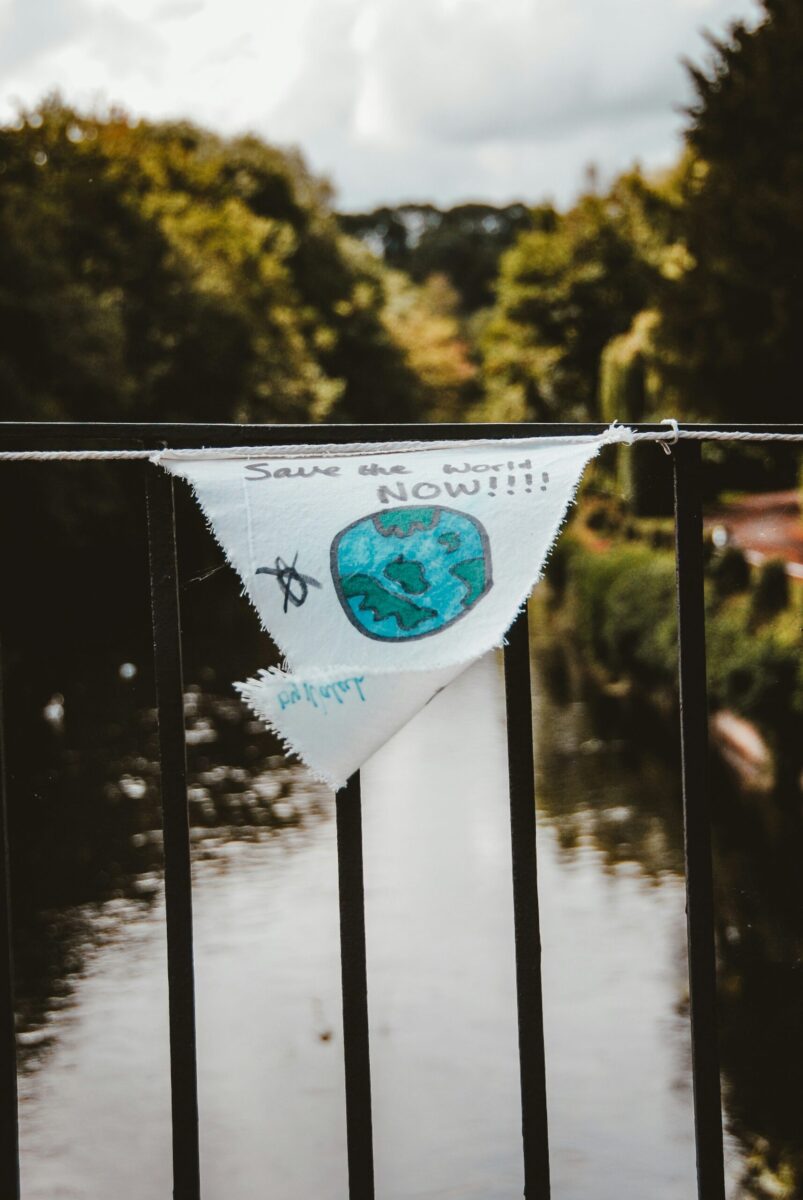“I see a future where we save the planet from the climate crisis,” President Biden said during his State of the Union Address. We agree. We can save the planet and there is no time like the present to advocate for the environment. Between ‘voting with our dollars’ by supporting brands whose ethos matches our own and writing to our elected officials about our concerns over environmental policies, there are various ways to speak up for our planet.
The Wellness Feed predominantly focuses on “voting with our dollars” but we also cover petitions, policies, and other forms of advocacy that we can all be involved in. Last year, The Wellness Feed joined a collective news initiative with Democracy Now sharing urgent actions we can take such as signing a petition to Save the Bees in California and joining 75,000+ in a march to end fossil fuels.
This year, we’re building upon the relationships we made with those organizations. Most recently, in March, we joined 500+ organizations and signed a letter sent to President Biden calling on the administration to expand the pause to halt the permitting of new LNG infrastructure and export projects across all federal agencies and commissions. While we applaud the Biden administration’s decision to halt pending liquefied natural gas (LNG) export approvals, we believe that the decision must be made permanent to help us transition away from fossil fuels.
Here’s an expert of the letter:
Dear President Biden, As organizations from the United States and around the world, we applaud your decision to halt pending approvals of liquified natural gas (LNG) exports to non-free trade countries to review their impacts to climate, economics, and national security as part of the public interest determination. As you rightly noted, “the climate crisis is the existential threat of our time.” We call on you to expand the pause to include stopping all LNG and related fossil fuel infrastructure permits across all U.S. federal agencies and institute a robust and democratic public comment period as part of the Department of Energy public interest review.... Read the rest Here
Moving away from fossil fuels is in-line with the Biden’s administration’s recent comments addressing clean energy solutions and the climate crisis. On March 10th President Biden detailed his fiscal budget blueprint that would honor his pledge made at the 2023 United Nations climate talks and his promise to contribute $11 billion toward international climate finance annually. According to the White House, “The Budget includes $10.6 billion in the DOE climate and clean energy research, development, demonstration, and deployment programs, which advances efforts crucial for achieving the goal of a 50- to 52% reduction from 2005 levels of economy wide net greenhouse gas pollution in 2030 and economy wide net-zero.”
Moving away from fossil fuels to clean energy solutions won’t be linear. But, there are steps we can take as both individuals and as part of organizations, collectives, and communities to address the climate crisis and push for stronger legislation and the protection of our planet.
Advocating Against Fossil Fuel Can Look Like:
- Choosing alternative transport: Rent or buy an electric vehicle to avoid fossil fuels.
- Writing to your government representatives: Ask them to join the to join the net-zero coalition in line with the Paris Agreement.
- Volunteering: Join a group such as the March to End Fossil Fuels, UN Environment, Earth Justice, or the Better World Campaign.
- Helping your local ecosystem heal: Join a restoration project in your neighborhood. Plant more trees. Join a clean up for your local waterways.
There are multiple ways to be involved in the fight against the climate crisis. Having an administration that is also creating targeted solutions to address climate issues is an asset that we can use to our advantage. We can write to our policy makers, make greener shopping choices, and dedicate our time to local projects. When you join the movement you’re also empowering those around you to take action and are joining activists, economists, Tribal leaders, representatives, corporate executives, and concerned citizens just like you.








